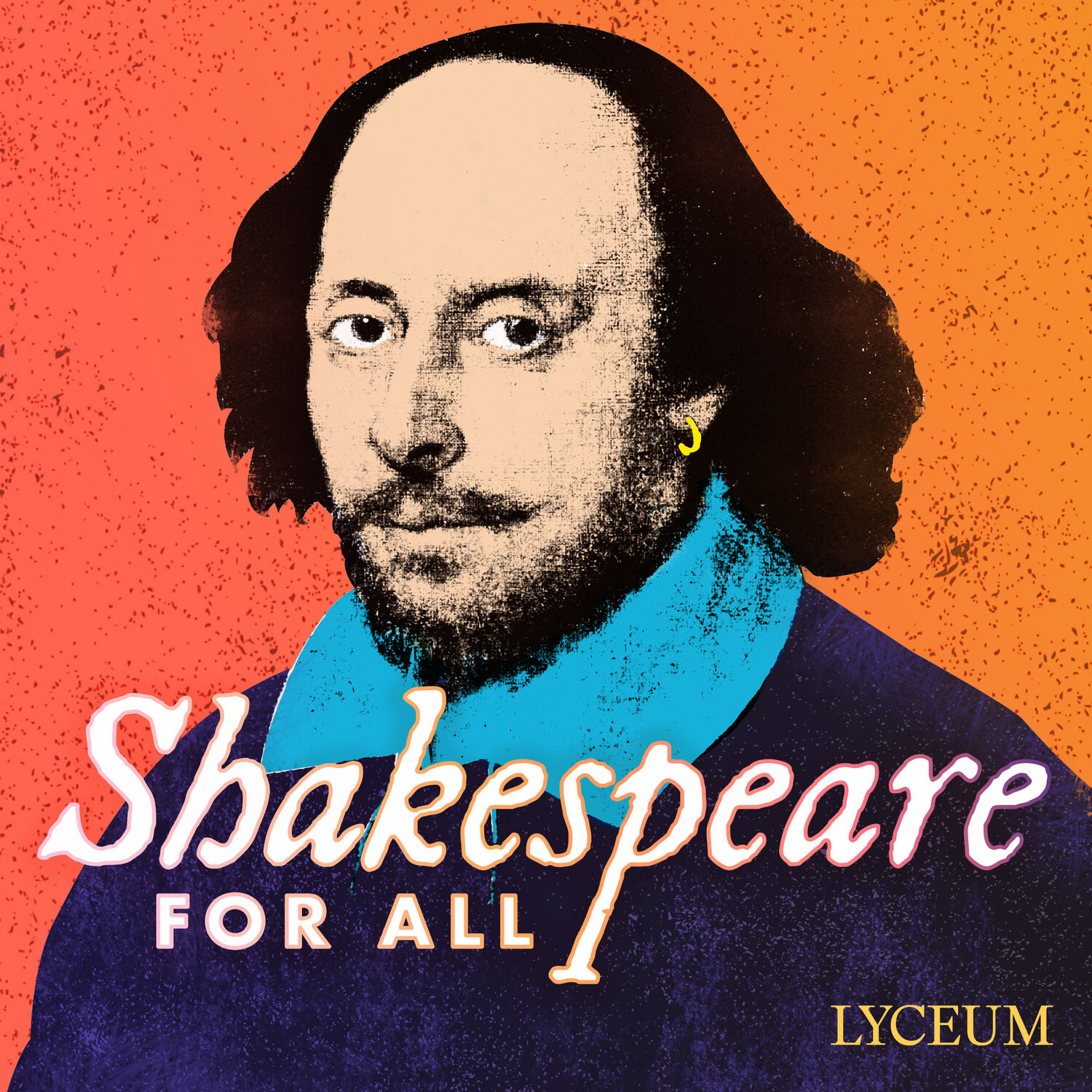Othello
“SPEAK OF ME AS I AM”
What You'll Learn
The story of Othello and historical context for early modern concepts of race
The distinctive relationship between character and language in Othello
The questions that Othello raises about race and their relevance in the twenty-first century
Course Outline
Episode 1 - Othello: The Story and the Context
Episode 2 - Othello: The Characters and the Questions
Episode 3 - Othello: The Language
Works Consulted for this Course
Cohen, Walter. “Introduction,” Othello, in Shakespeare, William. The Norton Shakespeare. Edited by Stephen Greenblatt, Walter Cohen, Suzanne Gossett, Jean E. Howard, Katharine Eisaman Maus and Gordon McMullan. 3rd ed. New York: W. W. Norton & Company, 2016.
Garber, Marjorie B. Shakespeare After All. New York: Pantheon Books, 2004.
Shakespeare, William. Othello. Edited by Norman Sanders. Updated edition. Cambridge: Cambridge University Press, 2003.
Shakespeare, William. Othello. Introduction by Ayanna Thompson, edited by E.A.J. Honigmann. The Arden Shakespeare, revised edition. London: Bloomsbury Publishing Plc, 2016.
Smith, Emma. This Is Shakespeare. New York: Pantheon Books, 2020.
Snyder, Susan. “Othello: A Modern Perspective.” Folger Shakespeare Library. https://shakespeare.folger.edu/shakespeares-works/othello/othello-a-modern-perspective/
William Shakespeare’s Othello is the only one of his tragedies to feature a black male protagonist. Othello is a black general who elopes with a white noblewoman called Desdemona — a marriage that Iago, Othello’s comrade-in-arms, plots to destroy. In this course, you’ll learn Othello’s story, explore the complicated impact of race on Othello’s society and Othello himself, and hear the play’s key speeches performed and analyzed by world-class Shakespearean actors and literary scholars.
In Part 1, you’ll be guided through a detailed account of the story with commentary by Farah Karim-Cooper, Head of Higher Education and Research at Shakespeare's Globe and Professor of Shakespeare Studies at King's College, London. Professor Karim-Cooper provides key historical background for understanding the play’s representation of Othello. This summary is told using the language of the play itself, placing key quotations in context to help you understand where these lines come from and what they mean.
Part 2 delves into the characters’ psychologies and how character is created by speech — how Othello’s language reflects his changing sense of self and how Iago carries out his plot with particular rhetorical strategies. With Professor Karim-Cooper, you’ll also address questions of race in Othello, including the question of whether the play’s depiction of a racist society makes it a racist play.
In Part 3, Professor Karim-Cooper offers close-readings of some of the play’s most significant scenes. You’ll also hear a special commentary on Othello by actor Keith Hamilton Cobb, author and performer of the acclaimed one-man show American Moor, which examines the experience and perspective of black men in America through the metaphor of William Shakespeare’s character, Othello.
You can hear the third episode of this course for free below. For the full course, subscribe today on Himalaya Learning. Use the promo code SHAKESPEARE for 14 days free.
Episode 3 - Speeches and Performers
Othello, 1.3, “Her father loved me …” (Keith Hamilton Cobb and Paterson Joseph)
Iago, 2.1, “That Cassio loves her …” (Anton Lesser)
Emilia and Desdemona, 4.3, “I would not do such a wrong …” (Dame Harriet Walter and Katy Stephens)
Keith Hamilton Cobb, reflection on Othello
Course Instructor
Farah Karim-Cooper
Head of Higher Education and Research at Shakespeare's Globe and Professor of Shakespeare Studies at King's College, London
Farah Karim-Cooper is Professor of Shakespeare Studies, King’s College, London, and Head of Higher Education & Research at Shakespeare’s Globe. She currently serves as Vice-President of the Shakespeare Association of America and as a member of the Advisory Council for the Warburg Institute. She is also an executive board member for RaceB4Race, a consortium of scholars and institutions that seek racial justice in the field of pre-modern literary studies, and is creating the first Scholars of Colour network in the UK. Karim-Cooper is also a General Editor for Arden’s Shakespeare in the Theatre series and their Critical Intersections Series. She has written and edited numerous scholarly reviews, articles, and books, including Cosmetics in Shakespearean and Renaissance Drama (Edinburgh University Press, 2006, revised ed. 2019) and The Hand on the Shakespearean Stage: Gesture, Touch and the Spectacle of Dismemberment (Arden, 2016). She is currently writing a book on Shakespeare and Race.



